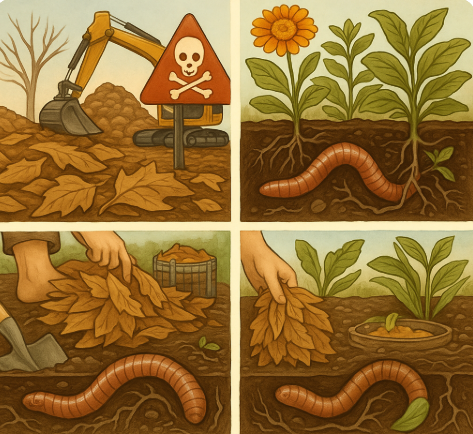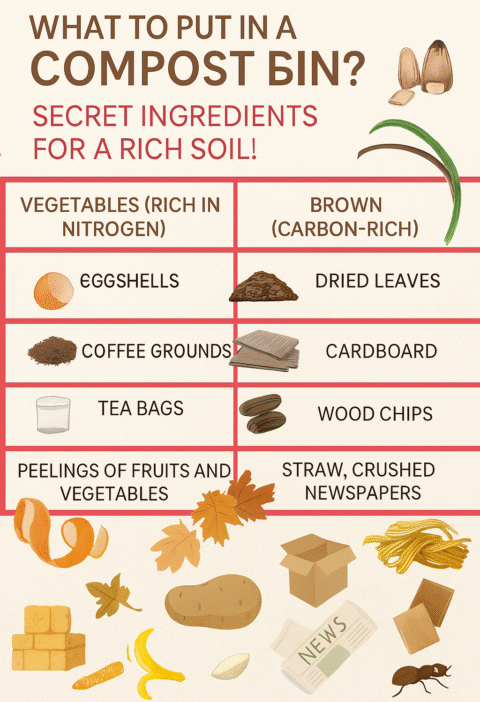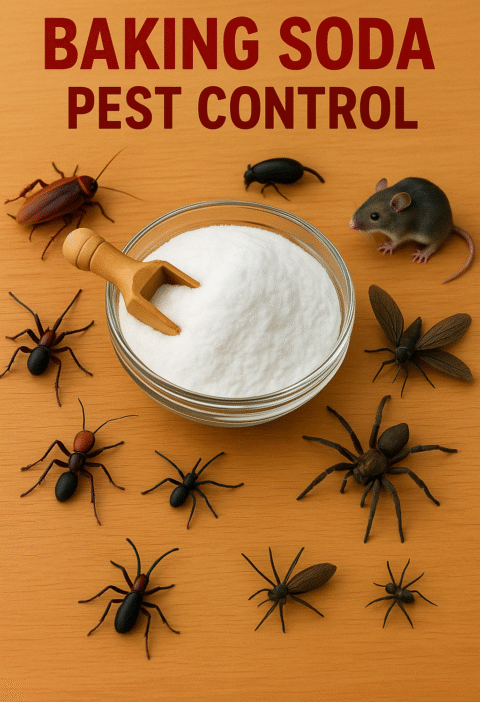“`html
🪱 The Silent Soil Crisis: Why Earthworms Matter More Than You Think
Imagine losing your garden’s secret workforce overnight. That’s what happens when earthworms—nature’s master soil engineers—vanish underfoot. Without them, soil compacts, nutrients disappear, and droughts strike harder. The good news? You can reverse this hidden crisis with a few simple steps.
In this professional guide, we’ll dive deep into:
- Why Healthy Soil Is Non-Negotiable
- Stunning Earthworm Statistics
- Top Threats Facing Earthworms Today
- 5 Proven Ways You Can Help
- Expert Tips & FAQs
🌱 Why Healthy Soil Is Non-Negotiable
Soil isn’t just “dirt”—it’s a living ecosystem that:
- Filters and purifies rainwater before it reaches aquifers.
- Stores carbon, helping to mitigate climate change.
- Feeds plants by cycling vital nutrients like nitrogen and phosphorus.
When soil loses its structure—thanks to compaction, erosion, or chemical overload—it quickly becomes lifeless. Roots struggle to grow, water runs off instead of soaking in, and crops fail. Earthworms are the antidote, creating channels that let roots, air, and moisture thrive belowground.
📊 Stunning Earthworm Statistics
- 💪 1 acre of healthy soil can host 1 million earthworms.
- 🔄 Those worms process up to 10 tons of soil annually, turning it into rich, crumbly humus.
- ⏳ In ideal conditions, earthworms live up to 8 years; in compacted terrain, they can perish in weeks.
- 🌍 These creatures have enriched Earth’s soils for over 300 million years.
⚠️ Top Threats Facing Earthworms Today
Modern practices are crushing earthworm populations across the globe:
- Heavy Machinery & Foot Traffic: Tractors, ATVs, and repeated walking compact soil, collapsing worm burrows.
- Leaf Removal: Raking away fallen leaves starves surface-dwelling worms of essential organic matter.
- Pesticides & Synthetic Fertilizers: Chemicals kill both worms and the beneficial microbes they rely on.
- Bare Winter Soil: Exposed ground freezes deeply, killing worms that can’t burrow below the frost line.
✅ 5 Proven Ways You Can Help Earthworms Thrive
Boost your soil’s health—and your garden’s productivity—by adopting these easy practices:
-
Leave the Leaves
Instead of bagging or burning, mulch garden beds with fallen leaves. Worms will tunnel through and feed on this leaf litter, enriching your soil naturally.
-
Create a Leaf Compost Zone
Pile leaves in a dedicated corner to decompose slowly. This “leaf mold” becomes a worm magnet—and an incredible soil conditioner.
-
Avoid Walking on Wet Soil
Use stepping stones or mulched paths to protect fragile worm channels. Compacted soil can take years to recover.
-
Feed the Soil Organically
Skip synthetic fertilizers. Apply well-aged compost, manures, or cover crops to keep worms well-fed and active year-round.
-
Mulch Year-Round
A 2–3 inch layer of straw, wood chips, or shredded leaves insulates soil, retains moisture, and protects worms—especially in winter.
🌟 Expert Tips & FAQs
Q: How do I tell if my soil is compacted?
A: If a trowel struggles to penetrate more than 2–3 inches or you see surface runoff after rain, your soil is compacted.
Q: Can I buy worms to repopulate my garden?
A: While you can introduce composting worms (Eisenia fetida), improving habitat conditions is the key to retaining and multiplying native earthworm populations.
Q: What’s the best mulch for worms?
A: Leaves, straw, and well-aged compost are ideal. Avoid dyed wood chips or fresh grass clippings, which can heat up and repel worms.
Q: How often should I add compost?
A: Apply a thin layer (¼–½ inch) of finished compost every 2–3 months to keep worms well-nourished.
Q: Will no-till gardening help?
A: Absolutely—minimizing soil disturbance preserves worm burrows and supports a thriving underground ecosystem.
🔗 Related Articles (Internal Linking)
- How to Improve Garden Soil Naturally
- Organic Composting 101: Speed Up Decomposition & Reduce Waste
- 4 Homemade Natural Insect Sprays to Safely Banish Pests
- DIY Organic Cleaners for a Chemical-Free Home
- DIY Natural Dyes from Pantry & Garden Ingredients
🚀 Ready to Revive Your Soil?
Start today by leaving the leaves, mulching your beds, and feeding your soil organically. Your earthworm allies will repay you with fertile ground, resilient plants, and a more productive garden for years to come.
“`






